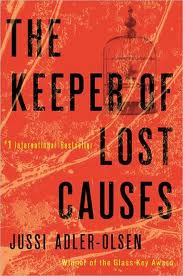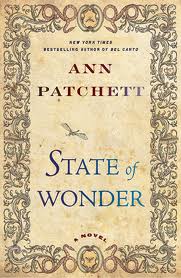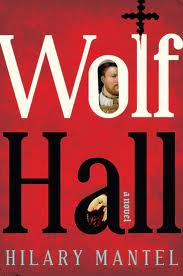Justin Torres
Houghton Mifflin Harcourt

|
“We’re never gonna escape this,” Paps said. “Never.” |
Unhappy families, but great stories
Tolstoy began Anna Karenina with his famous observation on families: that all happy families resemble one another, but each unhappy family is unhappy in its own way. He might have added that it’s from the unhappy families that we get our best stories.
Imagine Catcher in the Rye as the tale of a well-adjusted, happy teen who gets good grades, admires his parents, and all adults for that matter, because they’re such great role models; or The Sound and the Fury as the story of a down-to-earth, tightly knit and loving family more resembling The Waltons; or Henry VIII, where the kind and faithful monarch enjoys a life of matrimonial bliss with his one beloved wife (You choose which one of the six.)
We the Animals provides glimpses of another unhappy family being unhappy in its own way. Though half white, half Puerto Rican, this family’s life is comprised of events and experiences that could be from anyone’s story.
If you were sitting alone for an hour, without distractions, and asked to remember your childhood, this is the kind of book you would probably come up with, evoking moments—some painful, some humorous, some tender, others transcendent—that together are like pictures at an exhibition entitled Your Life, which, like the Smithsonian’s, is too vast to experience on any one visit.
The narrator of We is recalling when he was seven years old. He and his two brothers are little hellions exploring and having adventures in their own world. The brief episodic chapters reflect a meandering mind recollecting events from his past, unconnected except by the ephemeral string of memory (The final chapter explains the circumstances of the narrator’s remembering.)
The book also testifies to the resilience of young children who haven’t learned that violence and abuse and going hungry aren’t the norm.
Appearing on a number of Best Books of 2011 lists, We the Animals packs a wallop for such a slight work (125 pages), with moments that can be both visceral and profound (“What happens when you die?” I asked. “Nothing happens,” he said. “Nothing happens forever.”)
Contrary to Tolstoy’s observation, We suggests that all families are happy and unhappy, each dysfunctional in its own way, and each discovering its strengths in its own way.
This review first appeared in The Columbia River Reader (December 15 - January 14, 2011/2012). Reprinted with permission.










